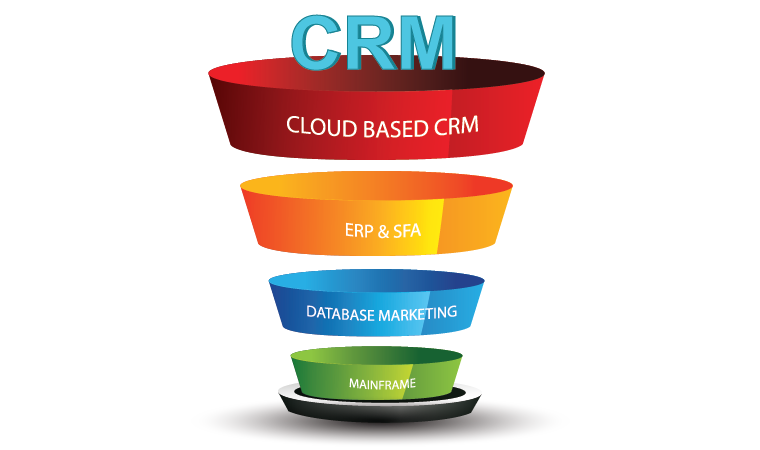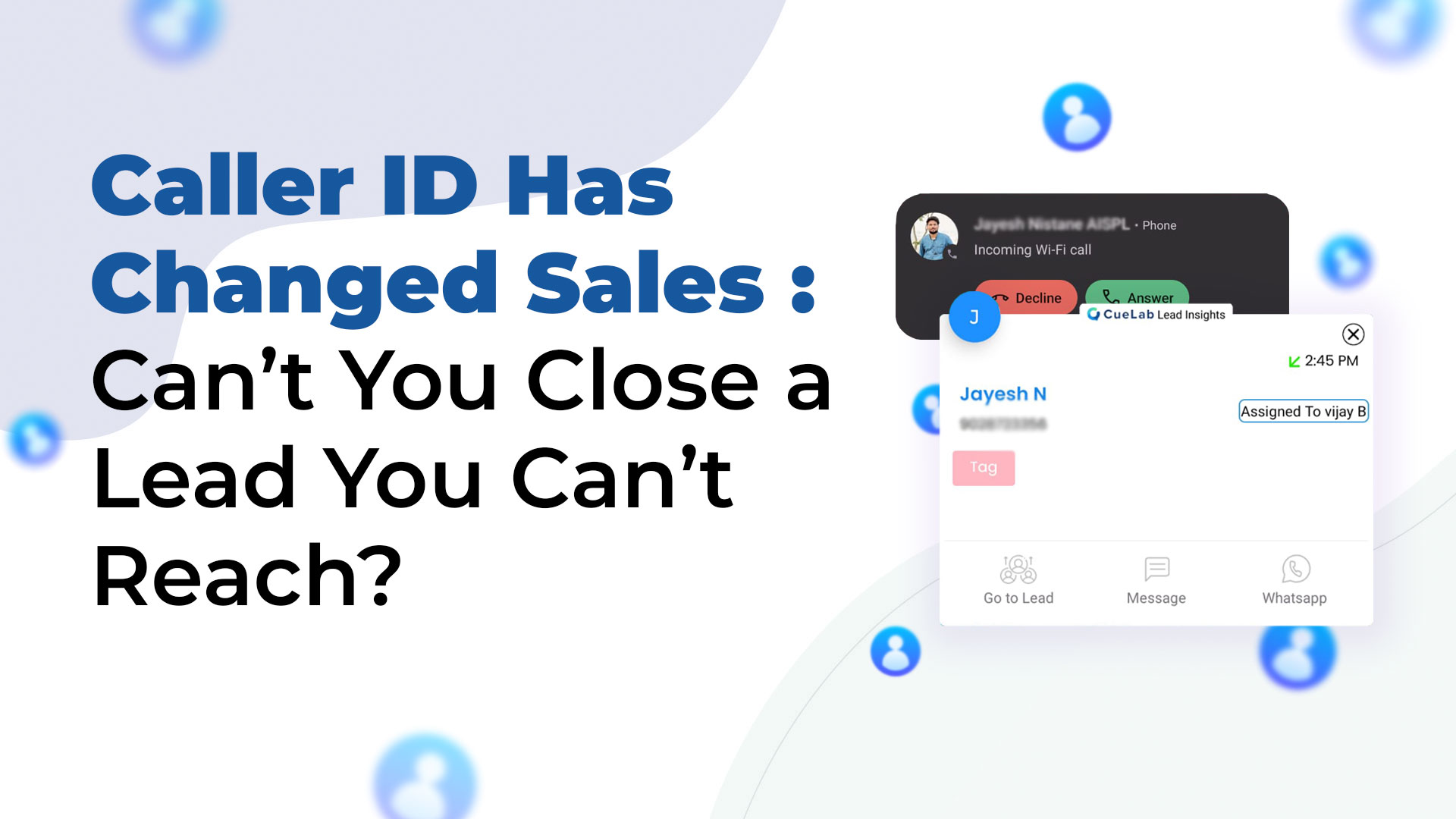Top 5 Ways to Improve Sales with CRM Software/ Benefits of CRM System

Today, there’s a special type of software called Customer Relationship Management (CRM) that’s really important for companies. Whether a business is just starting out or already big, CRM software helps a lot in making sales better, keeping customers happy, and helping the business grow steadily. It does this by organizing how sales happen, making it easier to talk to customers, and bringing in more money overall. In this blog post, we’ll talk about five ways CRM software helps businesses sell more and enjoy all the good things that come with having a strong CRM system.

1. Centralized Customer Data Management:
CRM software is like a big digital filing cabinet where businesses can keep all the information about their customers. This includes things like emails, phone calls, messages on social media, and when people visit their website. Because everything is in one place, it’s easy for sales teams to see everything about a customer all together. This helps them to talk to customers in a way that feels personal, like they know them well. They can even predict what a customer might want next and adjust how they sell things to match. By knowing what customers have bought before, what they like, and how they’ve interacted with the business in the past, salespeople can have better conversations with customers. This helps to build stronger relationships and makes it more likely that customers will buy things.
2. Enhanced Sales Pipeline Visibility:
CRM software helps sales managers see how deals are progressing at every step of the sales process. They can use customizable dashboards and reports to look at important numbers like how many leads become customers, the average size of deals, and how quickly deals are closing. If they see any problems or places where they can do better, they can make plans to fix them. Plus, the software sends reminders to sales reps so they don’t forget to follow up with leads, which helps them close deals faster.
3. Improved Lead Management and Segmentation:
Having a good system to manage potential customers is really important for making more sales and turning them into loyal customers. With CRM software, businesses can keep track of all the people who might buy from them. They can organize these potential customers based on things like their age, what they like to buy, and how interested they seem. This helps sales teams to customize their messages and sales pitches to match what each group of customers wants. Also, CRM systems help to score and take care of potential customers, so salespeople know which ones are most likely to buy and can focus on them first, making the whole sales process smoother.
4. Seamless Collaboration and Communication:
Collaboration is really important for sales teams to do well, and CRM software helps a lot with this. It’s like a central hub where team members can easily work together and talk to each other. With things like shared calendars, tasks, and being able to share documents, sales teams can work better together and focus on the same goals. Also, CRM systems make it easier to talk to customers by bringing together emails, calls, and messages in one place. This means that all the conversations and information about customers are kept in one spot, so everyone on the team knows what’s going on. This helps make sure that everyone is saying the same thing to customers and that no one is doing the same work twice, which makes customers happier in the end.
5. Data-driven Decision Making:
In today’s world, making smart decisions is super important for businesses to beat their competitors. CRM software helps businesses use data tools to understand how well they’re selling, what customers are doing, and where the market is going. This means looking at past sales info to predict future trends. With this info, managers can decide things like where to put their money, how to sell better, and what products to focus on. Also, CRM software lets businesses try out different ideas (like A/B testing) to see what works best and improve their sales tactics with real proof.
✅ Do’s: | ❌Don’ts: |
1. Customize for your needs. | 1. Neglect training. |
2. Train your team well. | 2. Overcomplicate the system. |
3. Keep data updated. | 3. Ignore data quality. |
4. Analyze sales and customer data. | 4. Solely rely on data. |
5. Integrate with other tools. | 5. Miss integration opportunities. |
What are some key benefits of implementing CRM software for sales teams?
- Centralized Customer Data Management: CRM software allows sales teams to store all customer-related information in one centralized database. This includes contact details, communication history, purchase history, preferences, and any other relevant data. Having access to comprehensive customer profiles enables sales representatives to personalize their interactions and tailor their sales approach to meet the specific needs of each customer.
- Improved Sales Pipeline Visibility: CRM systems provide real-time visibility into the sales pipeline, allowing sales managers to track the progress of deals at every stage of the sales cycle. This visibility enables sales teams to prioritize leads, identify potential bottlenecks, and allocate resources more effectively. By understanding where each deal stands in the pipeline, sales representatives can focus their efforts on high-value opportunities and take proactive steps to move deals forward.
- Enhanced Lead Management: CRM software streamlines lead management processes by automating lead capture, scoring, and nurturing workflows. Sales teams can efficiently capture leads from various sources, qualify them based on predefined criteria, and prioritize follow-up activities accordingly. Additionally, CRM systems facilitate lead nurturing through targeted communications, ensuring that leads are engaged and nurtured until they are ready to make a purchase.
- Seamless Collaboration and Communication: CRM platforms serve as centralized hubs for collaboration and communication among sales team members. Features such as shared calendars, task assignments, and document sharing facilitate seamless collaboration, enabling team members to work together more effectively. Integrated communication tools, such as email and messaging, allow sales representatives to communicate with each other and with customers directly within the CRM system, ensuring that everyone is on the same page.
- Data-Driven Decision Making: CRM software empowers sales teams to make informed decisions based on data-driven insights. By analyzing historical sales data, customer behavior patterns, and market trends, sales managers can identify opportunities for growth, optimize sales strategies, and forecast future sales performance. Additionally, CRM systems enable A/B testing and experimentation, allowing sales teams to refine their approaches and improve outcomes over time.
Tips for Implementing CRM in Sales Teams:
- Set Clear Goals: Define what you want to achieve with CRM.
- Involve Everyone: Get input from sales reps, managers, and IT.
- Choose Wisely: Pick a CRM solution that fits your needs.
- Train Thoroughly: Ensure everyone knows how to use it.
- Tailor to Your Process: Customize the CRM to match your workflow.
- Keep Data Clean: Establish standards to maintain accurate data.
- Promote Adoption: Show how CRM helps salespeople work better.
- Offer Support: Provide ongoing help and guidance.
- Track Progress: Monitor usage and results regularly.
- Keep Improving: Continuously seek feedback and make adjustments.
In simple terms, CRM software is like a superhero tool for businesses that want to sell more stuff and keep growing steadily. It helps in many ways, like organizing all the info about customers in one place, so salespeople can understand them better and sell more effectively. It also lets everyone in the sales team see what’s happening with deals, making sure nothing falls through the cracks. With CRM, teams can work together smoothly, sharing info and coordinating efforts. Plus, it helps make smart decisions using data, so businesses can keep improving and stay ahead of the game. Overall, by using CRM, businesses can find new opportunities, build stronger relationships with customers, and keep on growing even in a tough market.
FAQs:
- What is CRM software?
– It’s a tool for managing customer relationships and interactions.
- How does CRM software improve sales?
– By organizing data, showing sales progress, aiding collaboration, and guiding decisions.
- What are the main benefits for sales teams?
– Centralized data, clear pipeline view, improved lead management, better teamwork, and smarter decisions.
- Does CRM prioritize sales activities?
– Yes, it helps focus on valuable leads and deals.
- Is CRM suitable for small businesses?
– Yes, many solutions are tailored for them.
- How easy is CRM implementation?
– It varies, but most offer user-friendly setups.
- What training is needed for CRM use?
– Most providers offer training and support.


